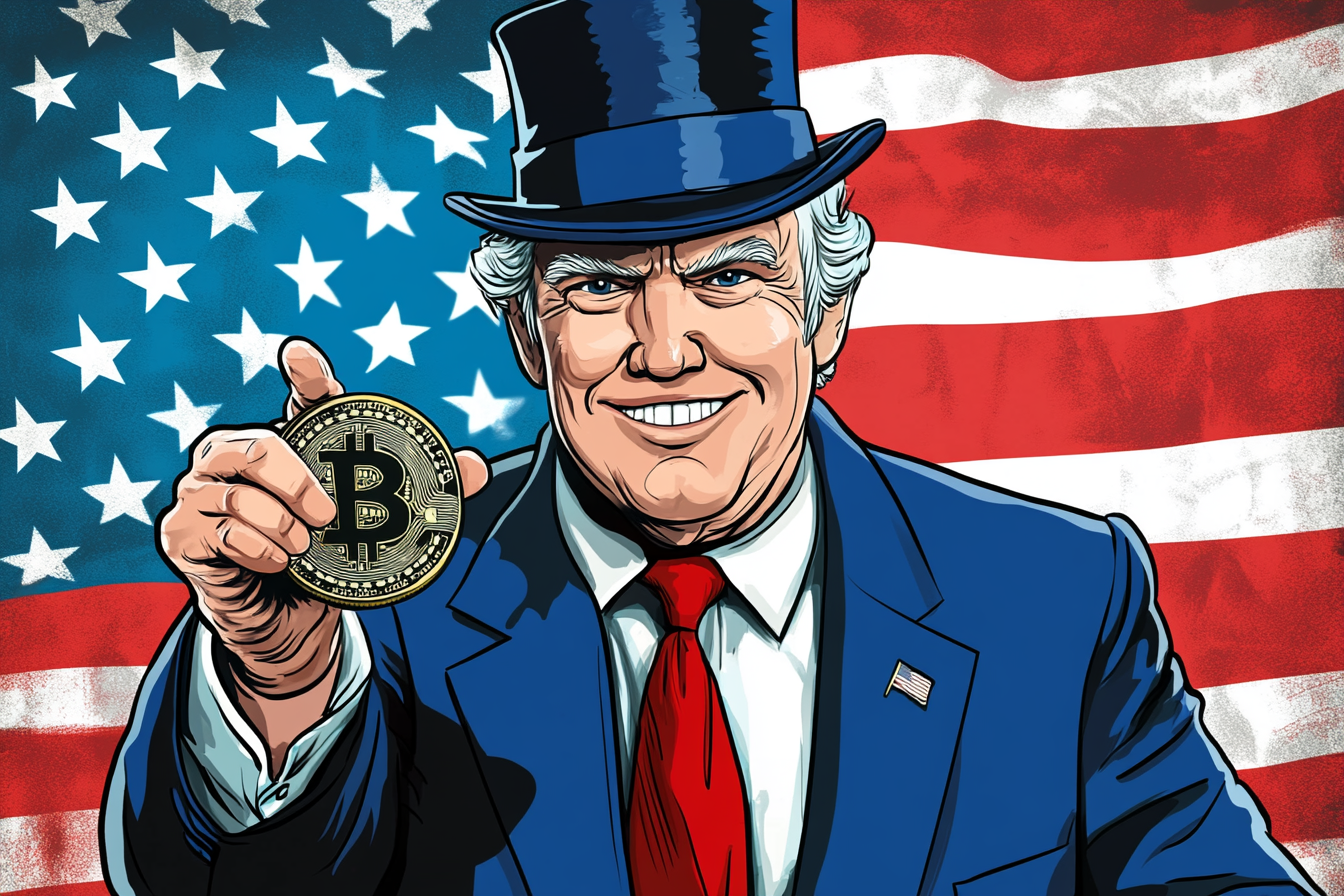Table of Contents
Coinbase has intensified its criticism of U.S. regulatory actions, claiming that recent letters from the Federal Deposit Insurance Corporation (FDIC) prove a coordinated effort to stifle the growth of the cryptocurrency industry – what the company is calling "Operation Choke Point 2.0."
Released last week by the U.S. District Court for the District of Columbia, the FDIC letters were sent to banks in 2022, urging them to reconsider relationships with crypto firms. These letters highlight concerns over risk management, fraud, consumer protection, and financial stability, warning institutions about the potential dangers of offering services to digital asset businesses.
However, Coinbase sees these warnings as part of a broader strategy by U.S. regulators to block crypto companies from accessing traditional banking services. The company argues that this represents a modern-day version of "Operation Choke Point," a controversial initiative launched in 2013 under the Obama administration. The original program aimed to cut off high-risk industries, such as payday lenders and gun dealers, from banking services.
Coinbase believes that the FDIC's recent actions – along with steps taken by other regulators like the Securities and Exchange Commission (SEC) and the Commodity Futures Trading Commission (CFTC) – are similarly aimed at curbing the cryptocurrency sector’s growth.
In a tweet, Coinbase chief legal officer Paul Grewal stated, "The letters show Operation Choke Point 2.0 wasn't just some crypto conspiracy theory. @FDICgov is still hiding behind way overbroad redactions and has produced only a fraction of the documents." He further accused the FDIC of engaging in a calculated campaign against crypto firms.
Re: the letters that show Operation Chokepoint 2.0 wasn't just some crypto conspiracy theory. @FDICgov is still hiding behind way overbroad redactions. And they still haven't produced more than a fraction of them. But we finally got the pause letters: https://t.co/Me41BXpbdF…
— paulgrewal.eth (@iampaulgrewal) December 6, 2024
Although Operation Choke Point formally ended in 2017, it left a lasting impact on the political and regulatory discourse. Critics argue that the program’s tactics set a dangerous precedent for government interference in private sector operations, and they now see similarities between that initiative and the regulatory actions currently being taken against the crypto industry. Coinbase’s claims that "Operation Choke Point 2.0" is being waged against the crypto sector resonate with those who view the recent regulatory crackdown as a continuation of the same kind of government overreach.
Coinbase argues that the FDIC letters are just one piece of a larger, coordinated push by U.S. regulators to clamp down on the cryptocurrency industry. The company has positioned itself as a champion for crypto innovation in the U.S., and has made it clear that it views regulatory overreach as a major threat to the industry's potential. As one of the largest exchanges in the country, Coinbase’s concerns reflect broader anxieties within the crypto community that increasing regulatory scrutiny could drive the industry out of the U.S. and into more crypto-friendly jurisdictions abroad.
Coinbase’s criticism comes at a time when the political landscape in the U.S. is shifting. With the 2024 presidential election nearing its conclusion, many in the crypto industry are hopeful that the incoming administration will reverse some of the regulatory actions that they see as stifling innovation.
In particular, the potential return of Donald Trump to the White House has raised expectations of a more crypto-friendly regulatory environment. During his first term, Trump’s administration was generally more supportive of digital assets, and many in the crypto industry are hoping for a similar approach in a second term.
One of the key figures gaining attention is SEC chair nominee, Patomak Partners CEO Paul Atkins, a known advocate for crypto-friendly policies. President-elect Trump has expressed his support for Atkins, describing him as a “proven leader for common-sense regulations.” Industry players hope that under new leadership, the regulatory environment will shift in a direction that encourages innovation and supports the growth of U.S.-based crypto exchanges and digital asset businesses.
As Grewal put it, "Law abiding American businesses should be able to access banking services without government interference. The incoming administration has the opportunity to reverse so many poor crypto policy decisions, chief among them politically motivated regulatory decisions like Operation Chokepoint 2.0."









